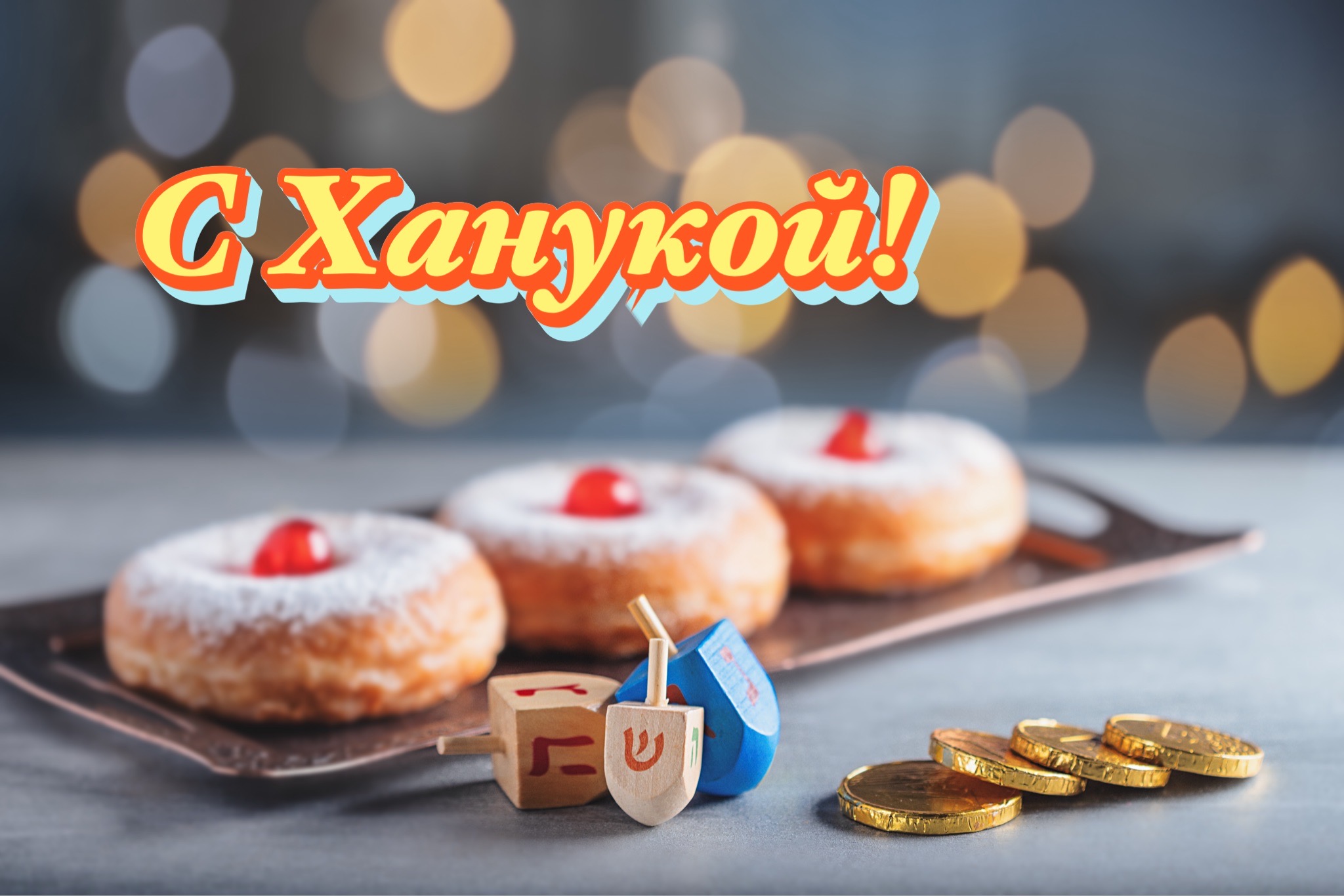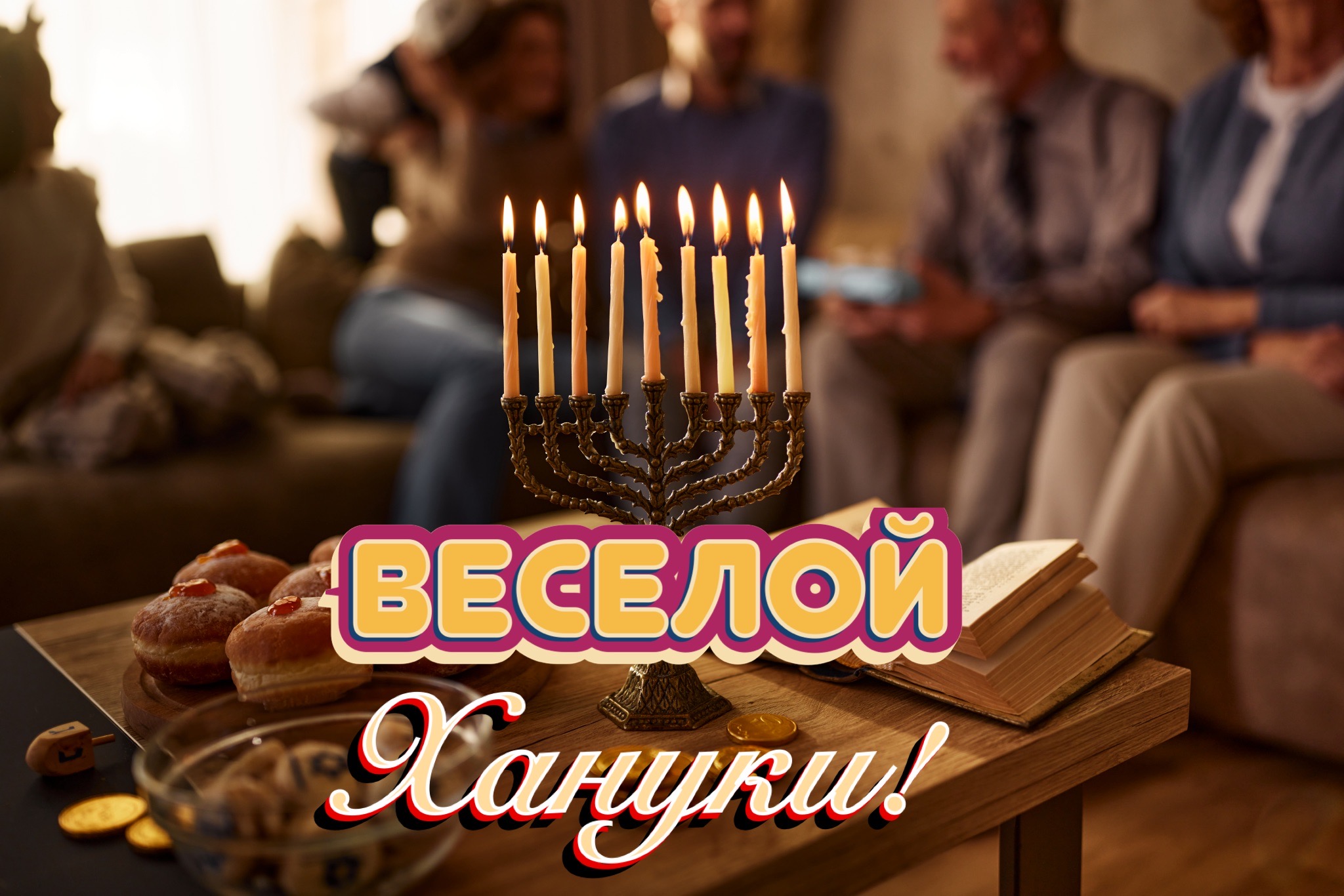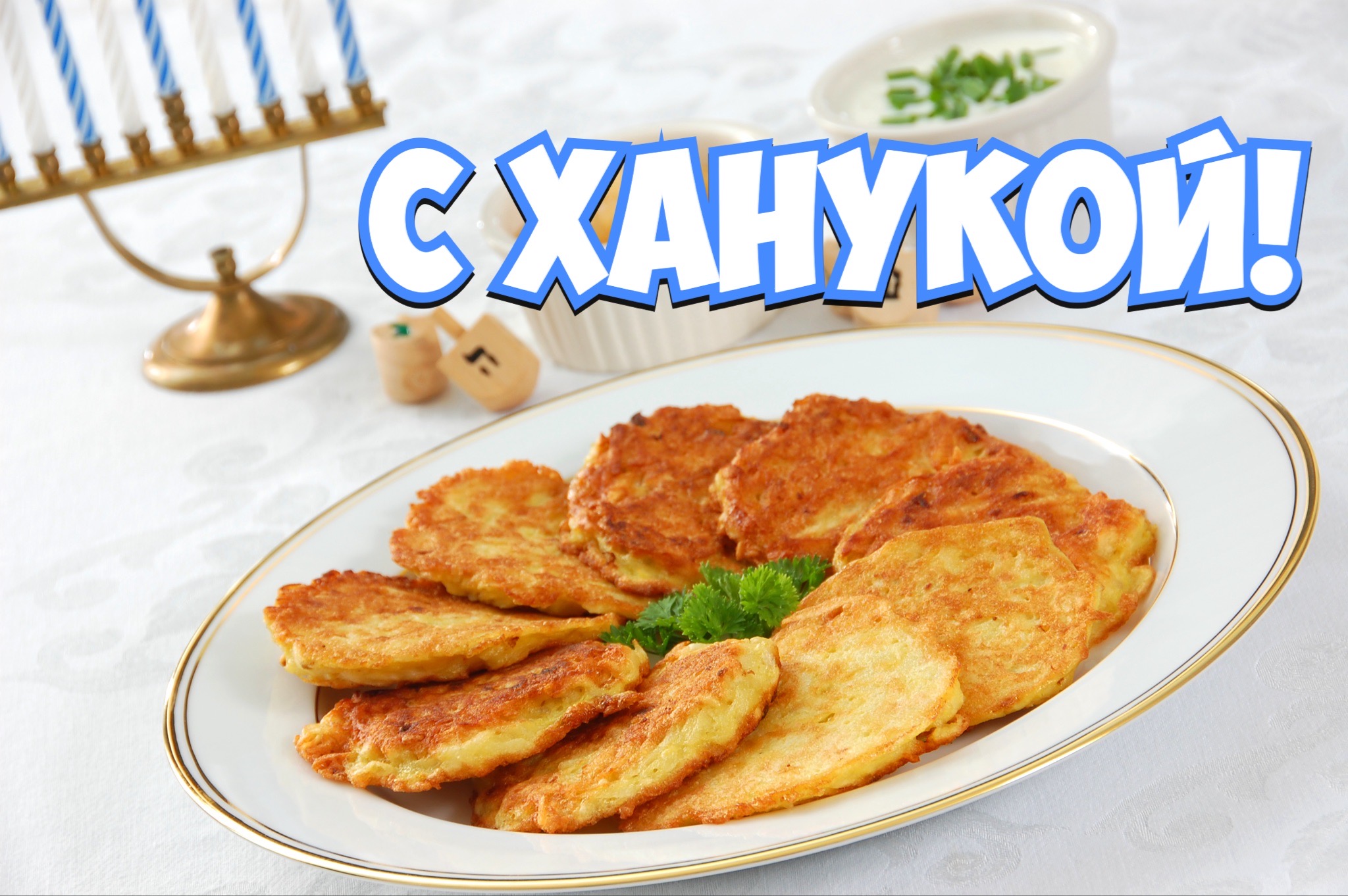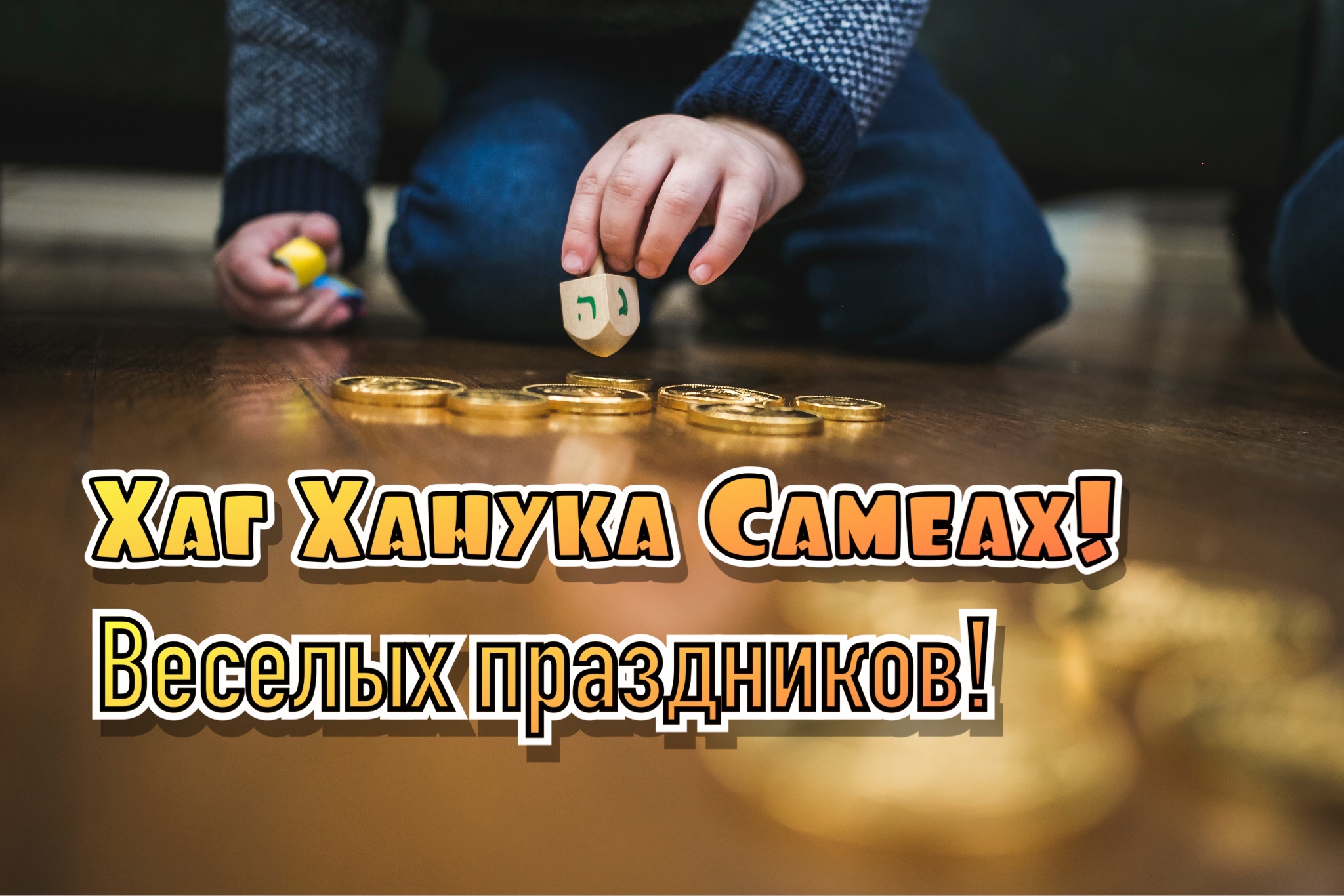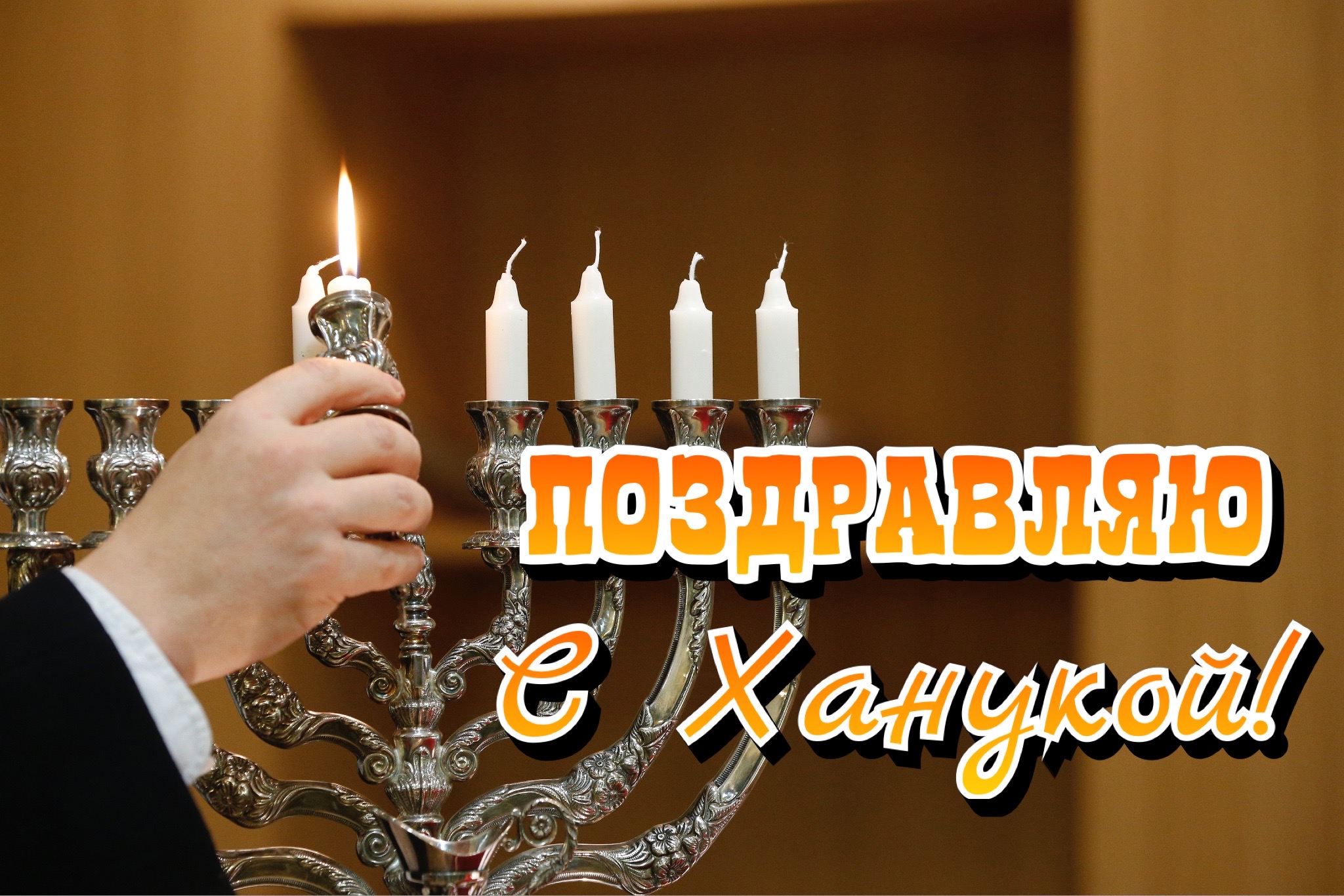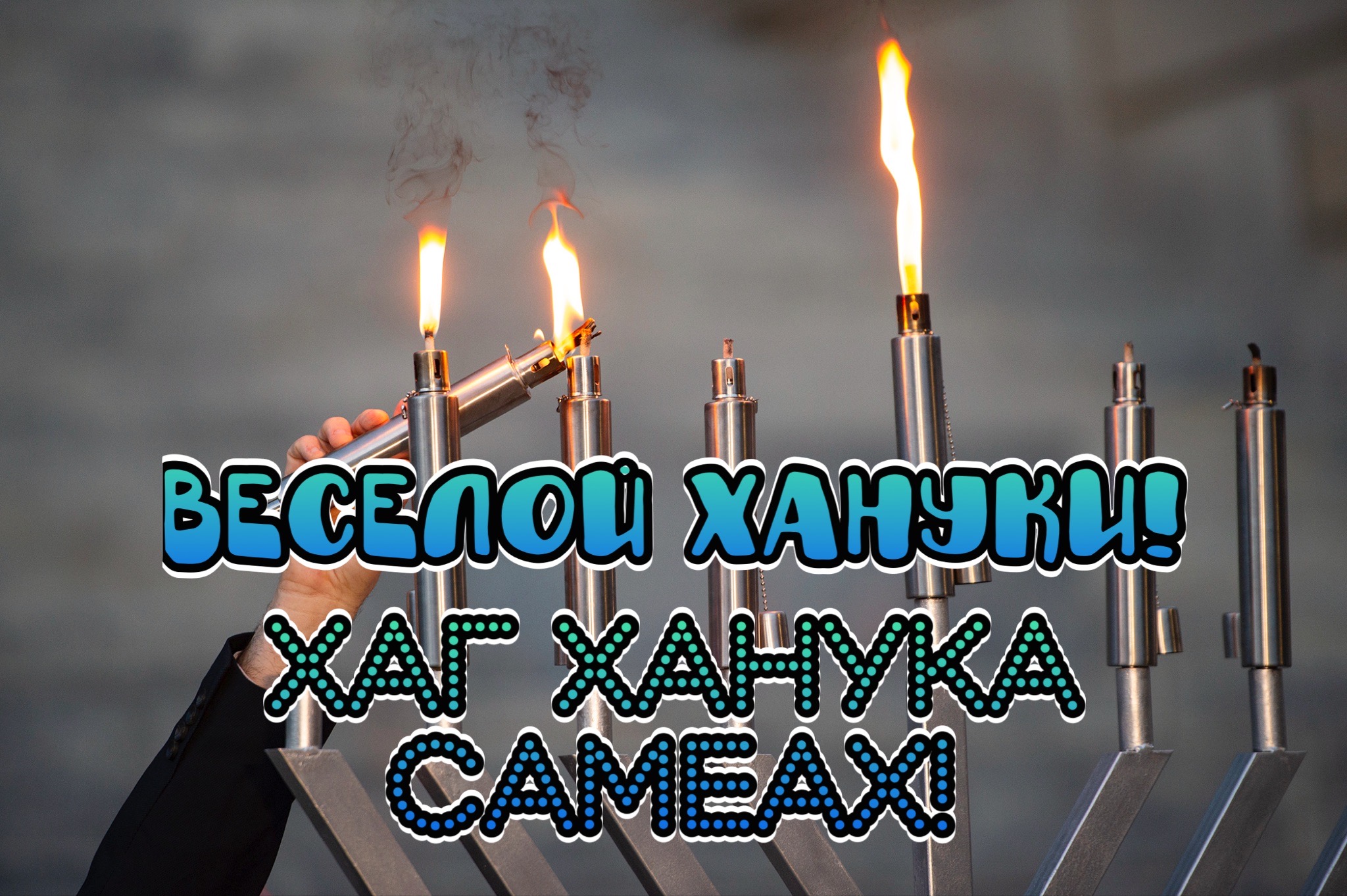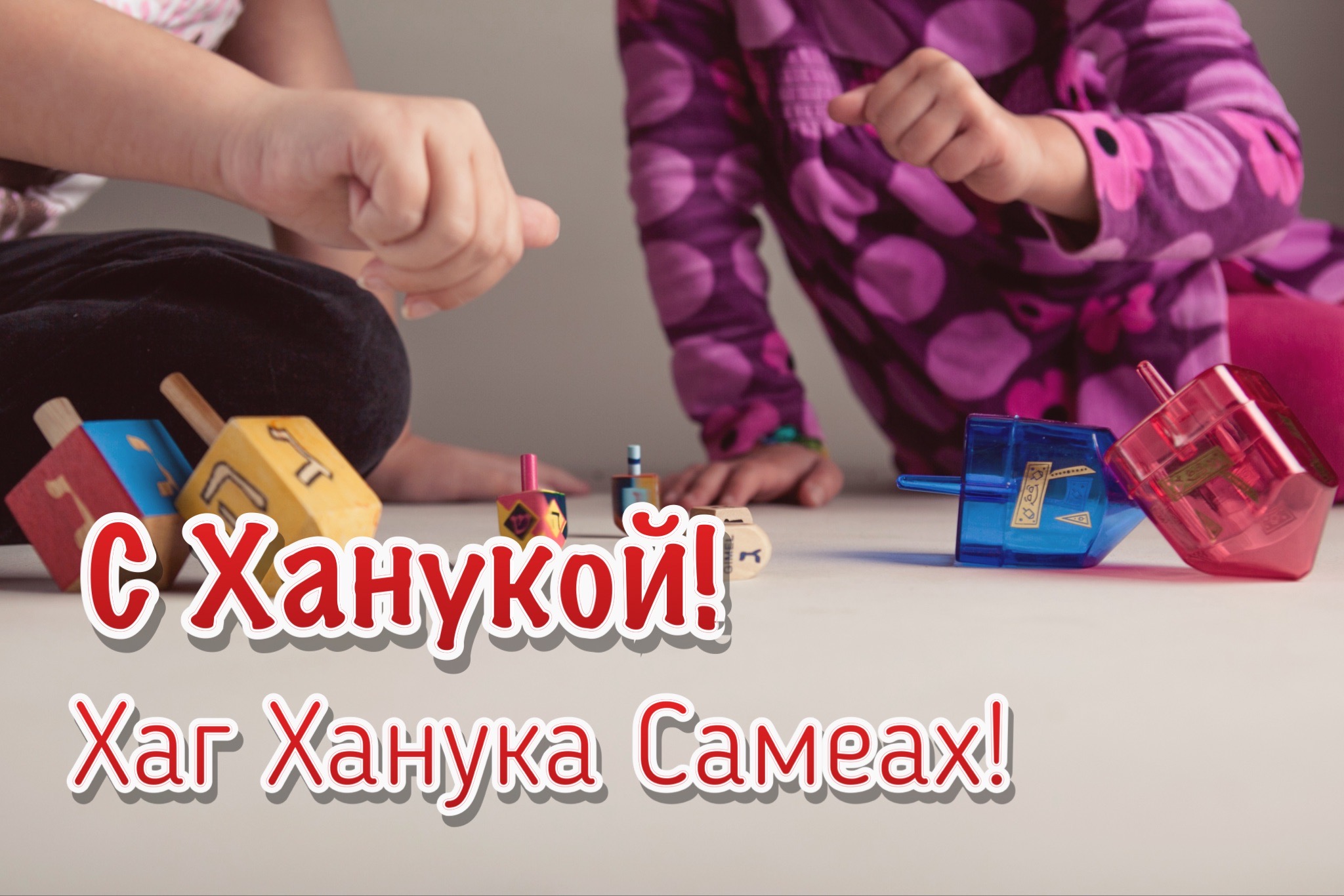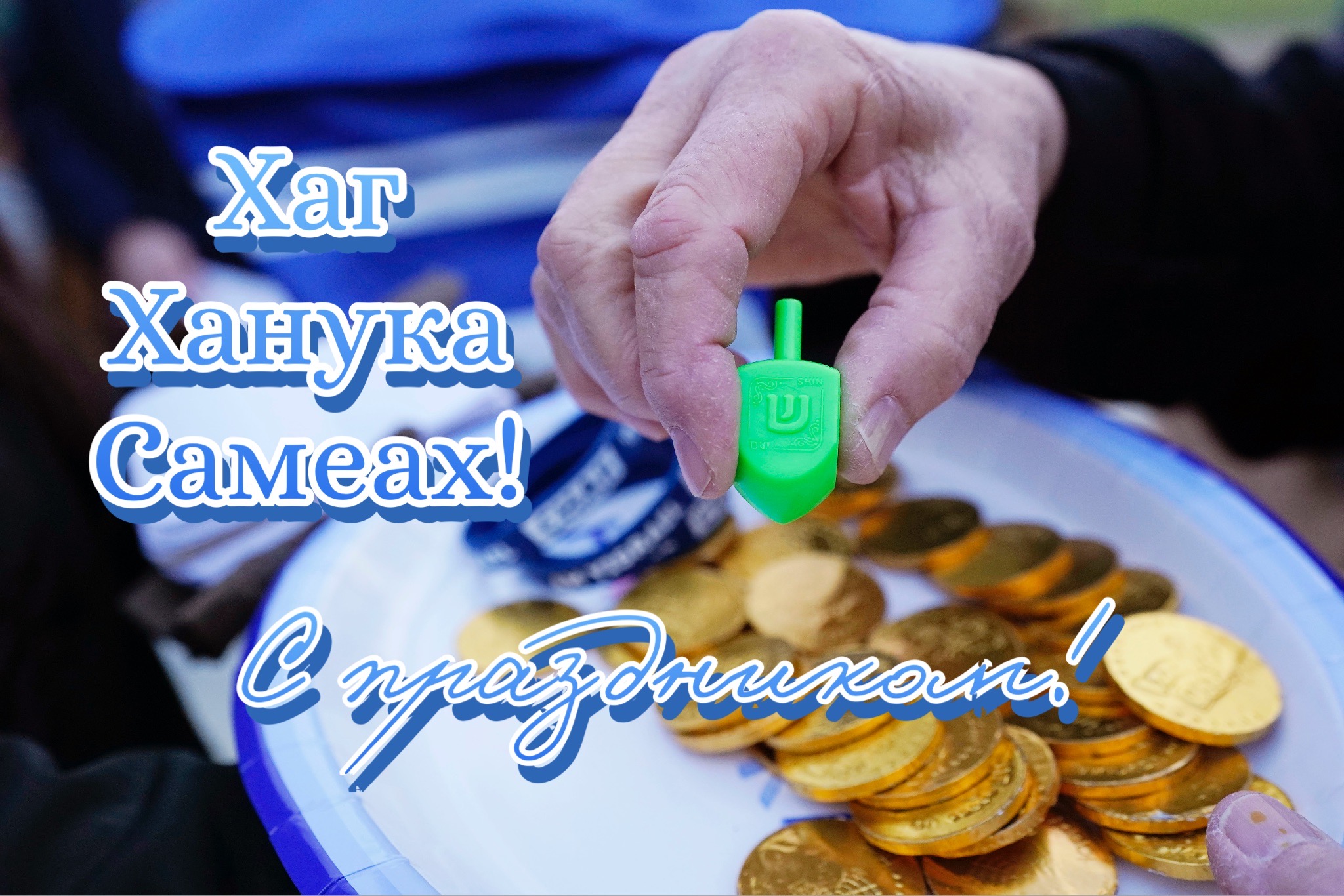Hag Hanukkah Sameach: Hanukkah greetings, beautiful cards
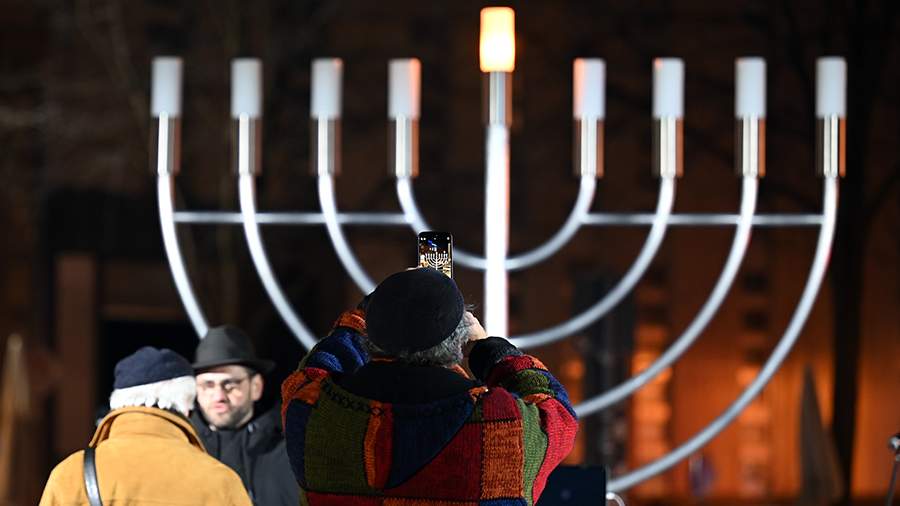
In December, Jews around the world celebrate Hanukkah, a festival of candles that commemorates the liberation of the Israeli people from Seleucid rule and the rebuilding of the Temple in Jerusalem. The celebration lasts eight days and is considered one of the most joyful in the Jewish calendar. "Izvestia has prepared heartfelt greetings in Russian and Hebrew for this holiday.
December 25 - what Jewish holiday is celebrated
According to the Jewish calendar, Hanukkah is celebrated from the 25th day of the month of Kislev to the 2-3rd day of the month of Tevet, a total of eight days. In 2024, these dates correspond to December 25 - January 2. The celebration will begin in the evening, as according to Jewish tradition the new day lasts from sunset until the following night.
Hanukkah is celebrated to commemorate a miracle that took place in Jerusalem in the 2nd century BC. At that time, the kingdom of Israel was under the oppression of the Seleucid dynasty, which came to power after the death of Alexander the Great. Unlike the great general, who did not interfere with the religious aspects of the peoples he conquered, the new rulers favored the widespread spread of paganism.
One of the Seleucid dictators named Antiochus Epiphanes decided to eradicate the Jewish faith from his lands. During his reign, Torah study, worship, and Jewish traditions were forbidden. Temples where idols were set up were destroyed. The Temple of Jerusalem, which had been turned into a sanctuary of Zeus, also suffered.
Tired of constant oppression, the Jewish people decided to revolt. The liberation movement was led by the famous military leader Judah Maccabeus. Fierce battles with the invaders lasted three years and ended with the victory of the Israelite army. Antiochus was overthrown, and the Jews were once again free to practice their faith.
After the victory, the Israelites set about rebuilding their holy places, including the Temple in Jerusalem. According to Jewish tradition, the main lamp in the temple, the menorah, must always be burning. It required special oil, but after the Gentile invasion only one untouched jug remained in the temple. This should have been enough for only one day, but a miracle happened - the menorah burned for eight days on the remnants of oil, until the worshippers prepared new oil.
Since then, for eight days, starting on the 25th of the month of Kislev, the Jews celebrate Hanukkah, glorifying G-d and lighting special lamps - Hanukkiahs. They are a candlestick with eight lamps, where olive oil is poured or candles are inserted. After dark, the believers light the rightmost lamp. Each day of the holiday, the number of burning lamps increases, moving from left to right.
It is customary to place the Hanukkiah on a windowsill to "divulge the miracle to all." It is believed that every home should have a lamp, so on the holiday it is customary to help those in need so that everyone can celebrate the holiday with dignity.
Hanukkah is often called a children's holiday, because during it, classes in schools and kindergartens are canceled. Children are also given gifts, and on the fourth or fifth day they are given "Hanukkah money", which can be spent for any purpose. However, part of the gift should be given to charity. This is how Jewish children are taught to manage their finances and care for other members of society.
One of the common holiday amusements is playing with four-sided dreidles. On their faces is written the abbreviated phrase "The great miracle was here". With the help of such toys in the time of Antiochus Epiphanes, children learned Hebrew and Torah. If they were caught during the lesson, they pretended to compete in spinning the wolf.
Adults on Chanukah work on their regular schedule, but women are forbidden to work while the Chanukiah is burning. In the evening, families gather for a festive dinner. Traditional treats include doughnuts fried in plenty of vegetable oil and latkes - potato pancakes. Meat dishes, dairy products and cheese are also put on the table.
Hag Hanukkah Sameach: what it means in Hebrew, how to respond
During the days of Hanukkah, Jews greet each other with the phrase "Hag Hanukkah Sameach!". Translated from Hebrew, it means "Merry Holiday." Since the celebration lasts for eight days, it is customary to respond with "Shavua tov!" ("Have a good week!"), because each of the Hanukkah days should be bright and joyful.
The traditional greeting can also be answered with the phrase "Hag Sameach", which also carries wishes for a joyous holiday.
Hanukkah greetings in Hebrew and Russian: in your own words, poems
Hanukkah is a significant holiday for Jews all over the world. In these days it is especially important to share the joy of the celebration with loved ones and share it with others. You can do this with the help of heartfelt congratulations:
"Hag Hanukkah Sameach! Happy and bright Hanukkah! May the holiday season fill your life with happiness, love and laughter. May G-d reward your labors and shower you with grace. I wish you good health, good luck and success in any endeavor!"
"Congratulations on Hanukkah! From the bottom of my heart I wish you happiness, warmth and prosperity. Let the house be a full cup, and diseases and sorrows bypass your family. Keep the light of Hanukkiah in your heart, may it guide you through the darkness and keep you on your path."
"Congratulations on the holiday of candles, Happy Hanukkah! I wish you to glow brighter than Hanukkiah with happiness, laugh from the heart, believe in the best and love with all your heart. May there always be room in your life for miracles, pleasant discoveries, exciting journeys and acts of kindness!"
"On this Hanukkah of light I wish you
In all matters to be at the forefront,
"To catch happiness and good luck by the tail,
"Even when the road is hard
May the light of Hanukkah lead you forward
Let all your troubles melt away like ice!
On the holiday of candles, may your dreams come to life,
"Let hope come to your soul."
"Eight festive nights
"We'll light up the candlelight,
Hanukkah will be merry
"Let it be merry and bountiful!
Let all sorrows disappear
Let all the pieces fit into a happy puzzle,
Let our home be a full cup
And life will be a hundred times more beautiful!"
It will also be appropriate to congratulate the believers on Hanukkah in Hebrew. Here are some examples:
"חנוכה שמח! אושר, טוב, שגשוג"
(Merry Hanukkah! Happiness, goodness, prosperity!).
"ברכות על חנוכה! אני מאחל לך אושר!"
(Congratulations on Hanukkah! I wish you happiness!).
"ברכות על חנוכה! אני מאחל לך בריאות, בהצלחה והצלחה!""
(Congratulations on Hanukkah! I wish you health, good luck and success!)
Happy Hanukkah cards and pictures in 2024
Gifts on Hanukkah are given not only to children, but also to adults. Most often, the presents are related to the theme of the celebration: hanukiahs, dreidles, candles, oil for the lamp, sets of traditional sweets, etc. Some believers exchange greeting cards with friends and relatives on the holiday. Cards with warm wishes and bright illustrations will be a good reminder of the celebration, especially if they are signed by the hand of a loved one.
In recent years, digital postcards have gained popularity. On the web you can find many pictures, gifs and short videos related to Hanukkah. Thanks to modern technology, such images can be sent in seconds to anywhere in the world, sharing the holiday with someone you can't see in person.
Traditionally, Hanukkah cards depict Hanukkiahs, donuts, latkes, dreidles and other attributes of the holiday. Sometimes they are supplemented with coins, gifts and winter elements: snowflakes, snowmen, etc. д.
Earlier "Izvestia" told about the history and traditions of celebrating Passover.
Переведено сервисом «Яндекс Переводчик»
